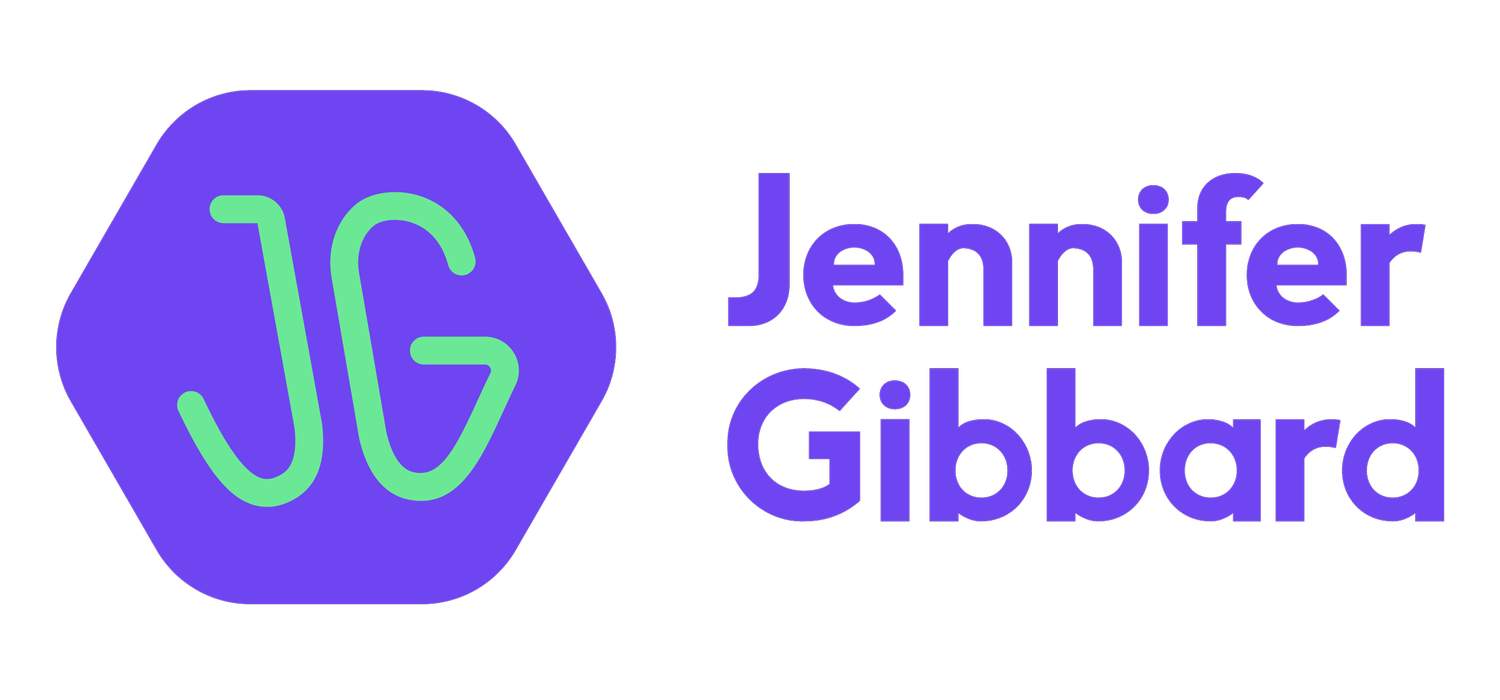Why Do We Hoard Information We'll Never Use?
Ever opened your bookmarks bar and realised it’s a digital graveyard of unread articles? Or scrolled through your inbox and seen dozens of saved newsletters you fully intended to read ‘when you had time’? You’re not alone.
In our hyper-connected, content-saturated world, many of us are quietly hoarding information we’ll never actually use.
We save it, tag it, file it, subscribe to it, but rarely do we return to it.
Welcome to the Age of Information FOMO.
At the heart of this behaviour is something many of us feel but rarely name: information FOMO. The fear of missing out on that one insight, tool, perspective or piece of research that might just be the key to something. We don’t want to risk letting go of what could be useful, even if it means drowning in digital clutter.
We’re told that knowledge is power. That being well-read, well-informed and up-to-date is what makes us credible, capable and valuable. And there’s truth in that. Lifelong learning is something to aspire to. But there's a catch: we’re setting ourselves impossible intellectual expectations.
We collect content in the same way we might collect clutter. Not because we need it, but because it represents something aspirational about who we want to be, or how we want to be perceived. We save things for the idealised, more productive version of ourselves: the one with an always-clear desk and an hour each morning for quiet, reflective reading.
From Curating to Consuming
When we hoard information but never engage with it, we’re not learning we’re just accumulating. It’s a kind of digital perfectionism: building a mountain of resources that we’ll never climb, feeling guilty all the while that we haven’t yet scaled it.
The result?
Cluttered inboxes and bookmark bars
What feels like a million open browser tabs
A sense of digital overwhelm
And often, a nagging feeling that we’re “behind”
So What Can We Do About It?
Here’s the good news: you don’t need to read everything. In fact, letting go of what you might read one day can free up the space, both mental and digital, for more focused, meaningful learning.
Try this:
Be selective: If something doesn’t feel immediately relevant, don’t save it “just in case.” Trust that the most important content will find its way back to you.
Use a ‘read later’ window: Set aside a small, regular block of time in your calendar (e.g. 15 minutes on Fridays) to review what you’ve saved. If it no longer sparks interest or relevance, delete it guilt-free.
Delete with confidence: You’re not failing by not reading everything. You’re curating your digital space with intention.
Prioritise depth over breadth: Engaging deeply with one useful article is far more valuable than skimming ten.
You’re Not Behind
Remember: information is infinite, but your time and attention are not. You don’t have to consume everything to be well-informed. Sometimes the best thing you can do for your brain and your business is to stop hoarding and start filtering.
Need help lightening your digital load?
You might like my One Minute Admin guide - 10 small, smart admin wins that take just one minute each.
Or book a free Discovery Call and let’s chat about how I can help with the behind-the-scenes admin that’s weighing you down.
